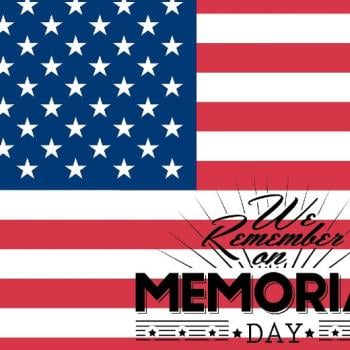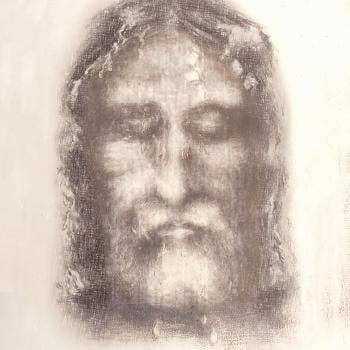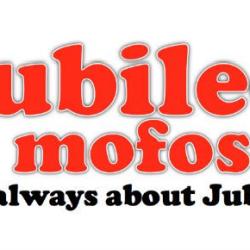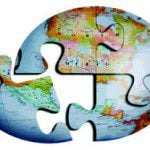Now Featured at the Patheos Book Club
And Toto, Too
"The Wizard of Oz" As A Spiritual Adventure
By Nathan G. Castle, O.P.
Book Excerpt
Chapter 2: Looking Inside
"The lesson of The Wizard of Oz is, well, when you think you're lacking something, where do you find it? You look inside!"
—Harrison Ellenshaw, Visual Effects Designer, Warner Brothers Three-Disc Collector's Edition, Disc Two "The Art of the Imagination: A Tribute to Oz"
Frank Baum wasn't afraid of being corny.
So The Wizard of Oz has a moral. It's a simple universal truth a child is capable of understanding. You could try to dress it up with more complex adult vocabulary, but a simple truth is best spoken simply. Jesus once addressed religious scholars and reminded them that unless they had the heart of a child they couldn't enter the Kingdom of Heaven.
When Dorothy stands ready to return home, she's asked to reflect upon her experience. "What have you learned, Dorothy?" the Tin Man asks. She replies that if she ever goes looking for her heart's desire again, "I won't look any further than my own backyard." Her "own backyard" is not a patch of dirt on a Kansas farm. It's herself. She belongs everywhere because she can now dwell in her own skin. She's home already, even before she clicks her heels together.
Earlier in her journey, when she was lost and clearly couldn't go back the way she came, she acknowledged that she was powerless. There in Munchkinland she seems to have gotten some bum advice. Glinda the Good Witch suggests, "The only person who might know would be the great and wonderful Wizard of Oz himself." Was Glinda taken in by this humbug, too? But here's the worst part: "He lives in the Emerald City and that's a long journey from here. Did you bring your broomstick with you?"
The bad news is that there's someone with the power to help you but he doesn't live here and you'll have to go God knows where to get to him. That bad news has been handed down for eons. And often the people delivering that message seem to be in charge.
Where God is concerned, people have long been taught that God lives somewhere else. A particular nation, a certain mountaintop, the sky, outer space, some other dimension where maybe you'll get to go after you die—and then only if you stay on God's good side and don't screw up your life. Even the best of the world's religious traditions have some of this stuff going on within them. But most also have a deeper message: God lives everywhere, including here, or herein.
Because I know the Judeo-Christian tradition best, that's where I'm most competent to speak. Because I'm a Christian and a Catholic priest this will be the "home turf" from which I venture out to comment upon the wonderful Wizard of Oz.
In my line of work I do a fair amount of pastoral counseling. I listen. I think a lot of people believe in God, or at least they want to. I don't mind being God's instrument, but I don't want to be God's surrogate. God will do his own listening, given the chance. I remind them that if God is everywhere, and they're somewhere, then God and they overlap. If that's true, then God isn't just above or around them, but also exists within them. So how do you start a prayer? Our Father who art in heaven? Or, hello in there? I think they both work.
Frank Baum was raised a Christian and was well-acquainted with the Hebrew Scriptures and the New Testament. Auntie Em, in a moment of exasperation at Miss Gulch—which the screenplay notes call "an expression of repressed anger"—says, "For 23 years I've been dying to tell you what I thought of you ... and now ... being a Christian woman—I can't say it!" Clearly, The Wizard of Oz is not a religious book or movie but the story develops themes that one can also find in spiritual writings. Baum knew the Jewish and Christian scriptures well. So do I. And I think Baum recast some of these themes to great effect in The Wizard of Oz. I'd like to explore this idea in the next chapter.
1/3/2012 5:00:00 AM




